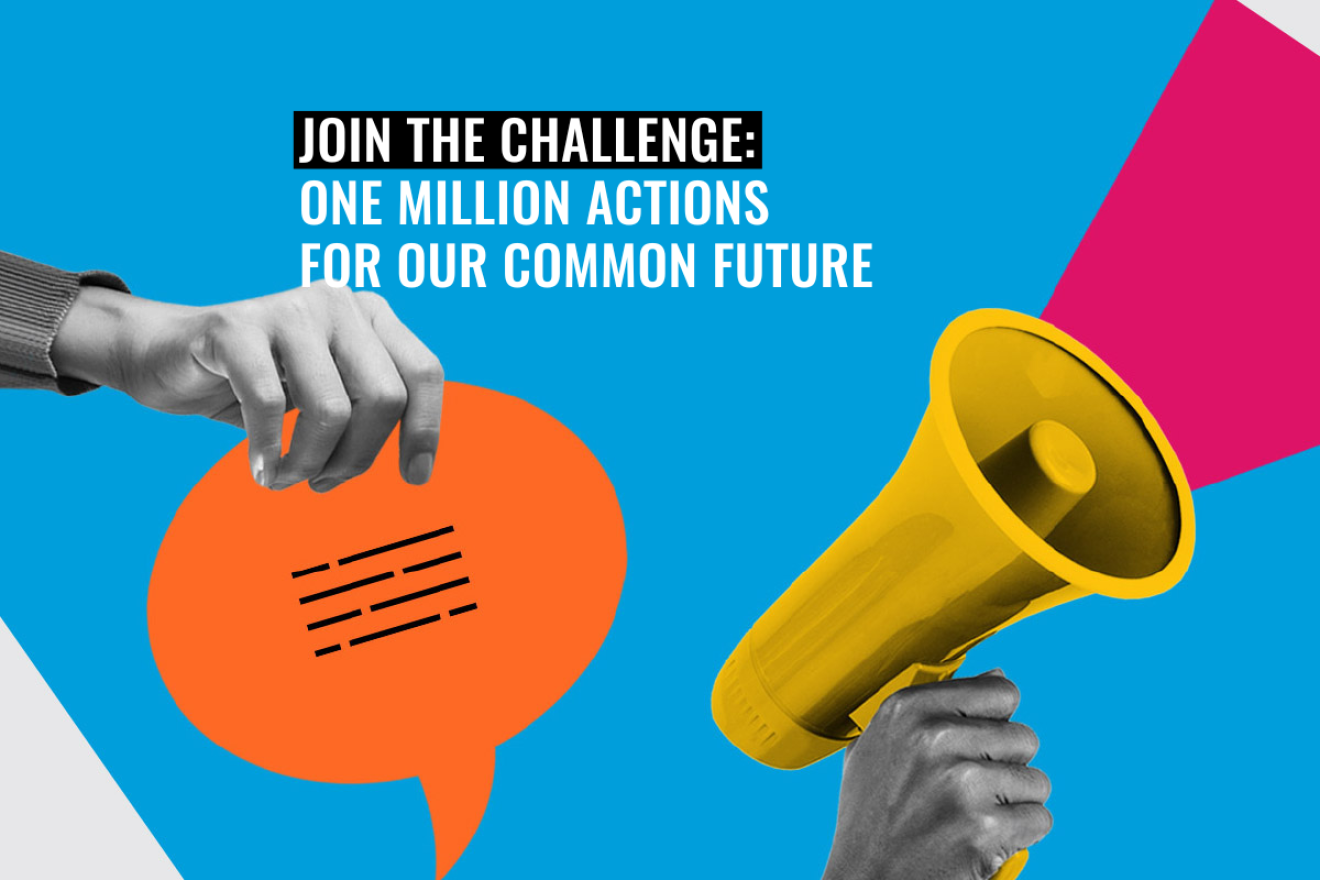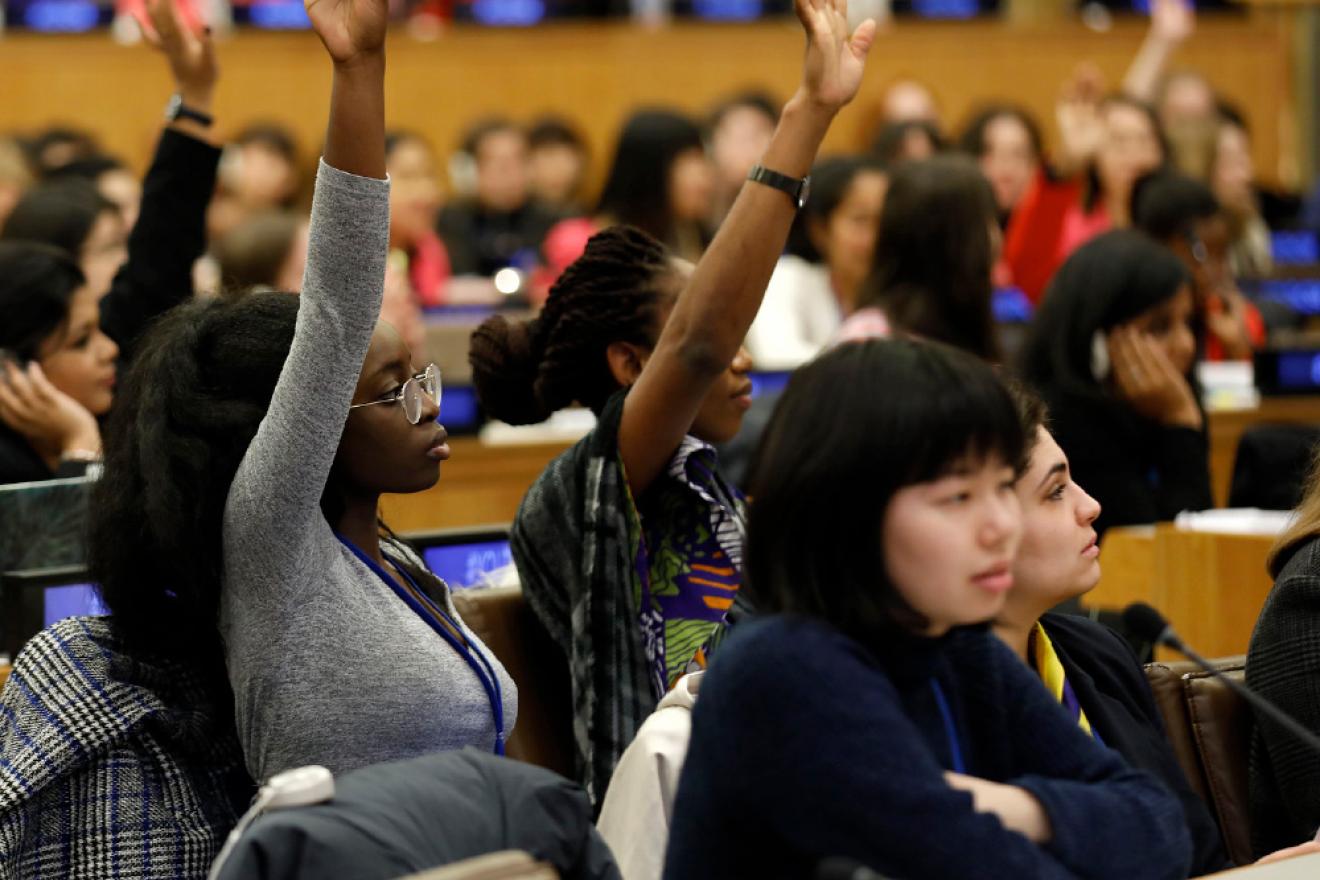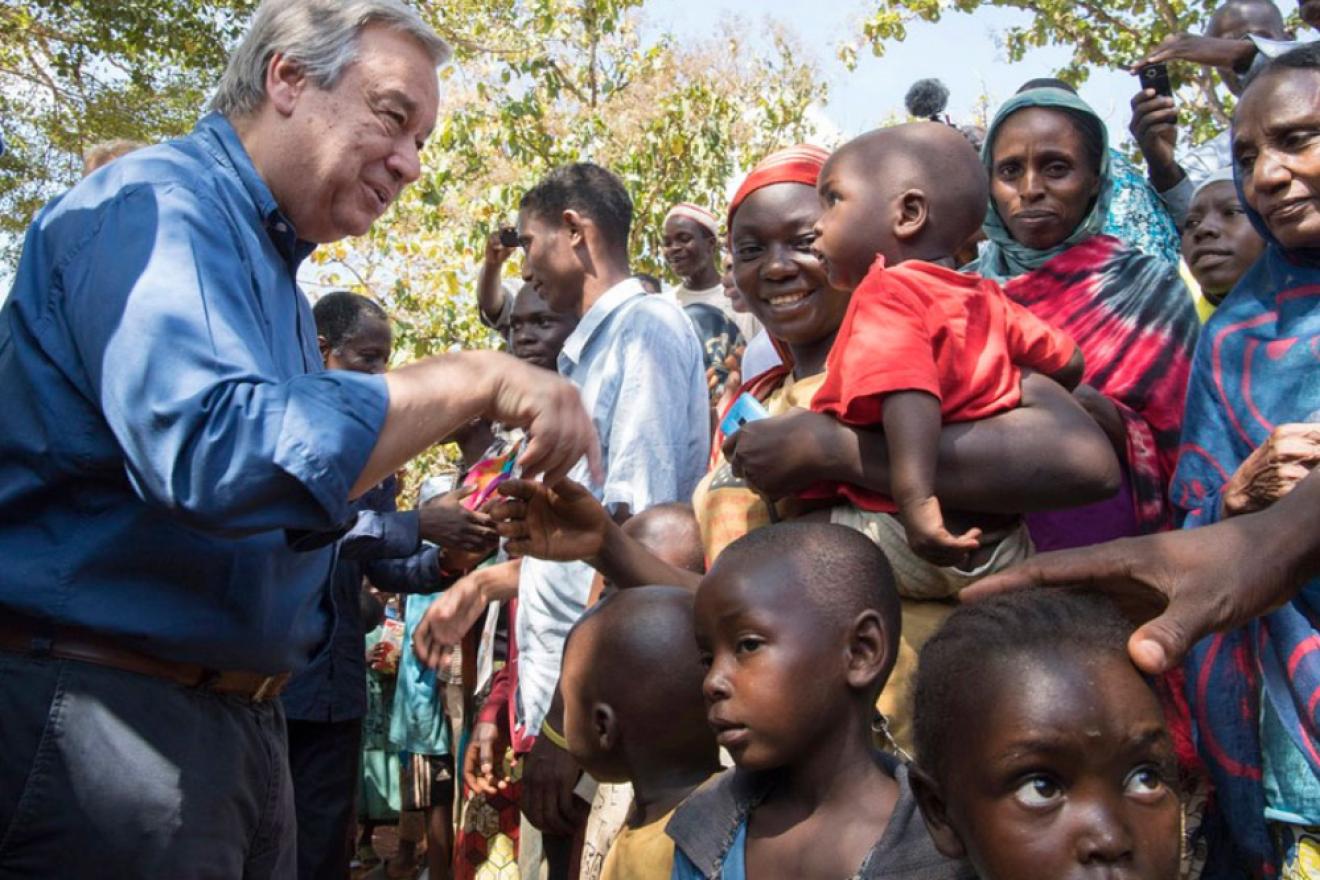Amid a global backlash against women’s rights, women are committed to championing rights and representation. Survey results from 185 countries show that 86 per cent cite climate change, and more than 50 per cent identify conflict as primary concerns for the next decade. Mental health and family responsibilities are seen as barriers to reaching full potential. Access the full report and the We the Women campaign.
Breastfeeding support for all
World Breastfeeding Week is held in the first week of August every year, supported by WHO, UNICEF, institutions and civil society partners. The theme for 2024 is “Closing the gap: Breastfeeding support for all”. The campaign celebrates breastfeeding mothers in all their diversity, while showcasing the ways families, societies, communities and health workers can support breastfeeding activities. Women everywhere have the right to respectful breastfeeding counselling from trained health care providers, as well as laws and policies like maternity leave and provisions like paid time off when they go back to work.

More access to breastfeeding support could save 820,000 young lives annually, UN agencies say
31 July 2024 — The heads of the UN Children’s Fund (UNICEF) and the World Health Organization (WHO) have called for greater access to breastfeeding support to both reduce health inequity and...
Security Council debates ‘serious and dangerous escalation’ in the Middle East
31 July 2024 — The UN’s top political affairs official reiterated the urgent need for de-escalation in the Middle East, appealing in the Security Council on Wednesday for “swift and effective...
Middle East: Beirut and Tehran attacks ‘represent a dangerous escalation’, Guterres warns
31 July 2024 — UN Secretary-General António Guterres has urged the international community to prevent escalation in the Middle East, following an Israeli strike on Lebanon’s capital and the...























